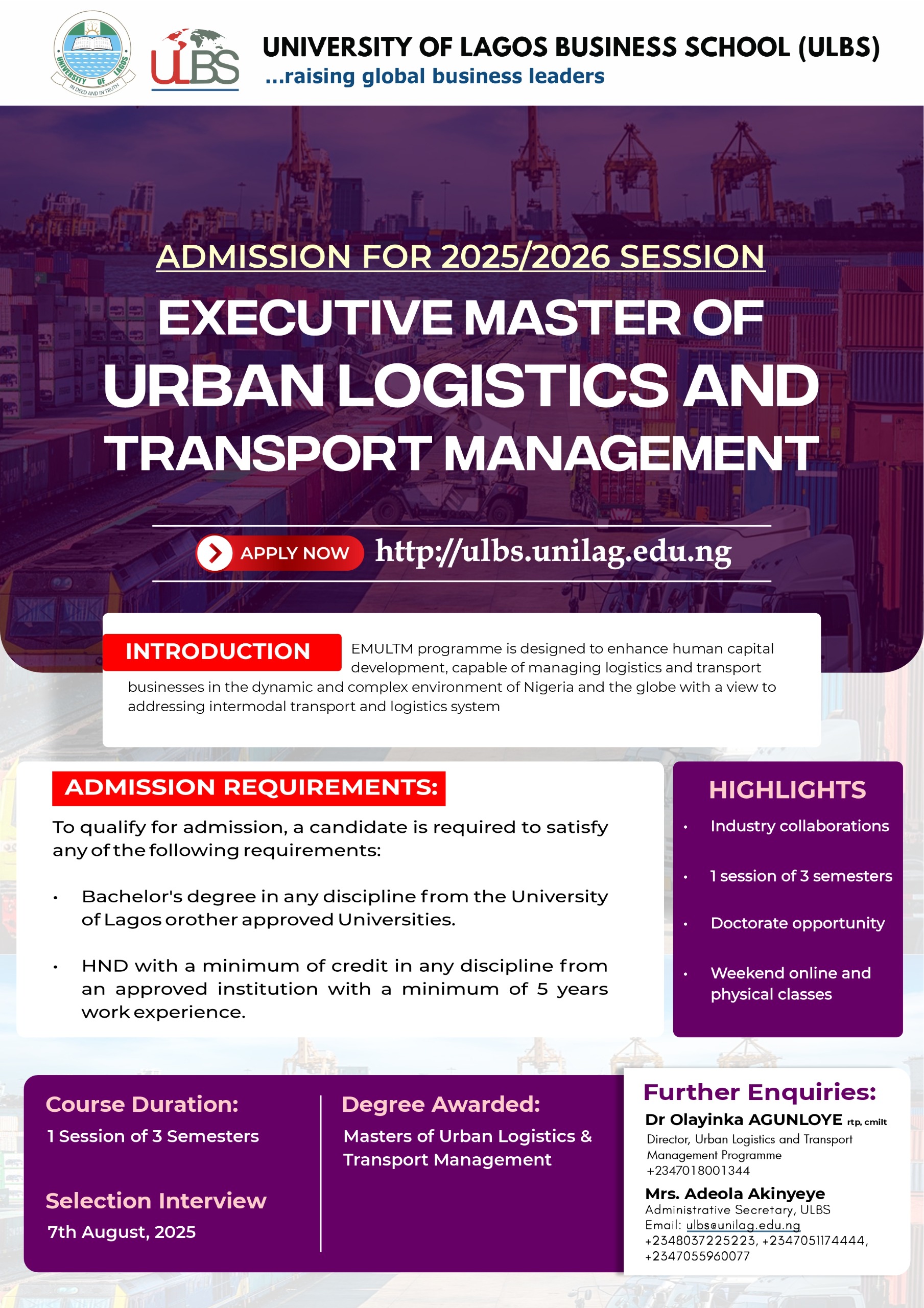Afolabi Gambari
I was inside a cab on Tuesday November 26 when news flashed that the old Port Harcourt Refinery had commenced full operations. After listening to the news item on the cab radio, I smiled and attempted to switch to other things on my mind. I was not sure if the cab driver paid attention to the news until he reacted hysterically. “Oga,” he called me as I wondered how an elderly man like him would address me with such a title. “I said it but they would not believe me,” he further said, and continued: “This Tinubu administration means well. It promised to fix our refineries, Now, it is one refinery fixed, three more to go.”
I said to him: “Baba. Have you not been disappointed enough in this country for you to jump at any news without even being cautious?” He looked at me with one side of his right eye and said: “Oga, are you an Obidient?” To the uninitiated, the tag meant to determine if I had supported the Labour Party candidate in the 2023 presidential election, Mr Peter Obi. I said to him: “I am not.” We were still inside the cab, totally unsure of what was happening in Port Harcourt at that moment other than what the news revealed to us.
A few hours later, the Nigeria National Petroleum Company Limited, from which originated the news that flashed in the cab earlier on, released a statement purportedly making clarifications that were, in my view, too curious and unwarranted. According to the statement: “The Board and Management of the Nigerian National Petroleum Company Limited express heartfelt appreciation to Nigerians for their support and excitement over the safe and successful restart of the 60,000 barrels-per-day Old Port Harcourt Refinery.”
The statement, signed by NNPCL’s Chief Corporate Communications Officer, Olufemi Soneye, also said: “This achievement marks a significant step forward after years of operational challenges and underperformance.” Could this “significant step forward” be in any doubt such that the oil company needed to stress it?
How about this next line in the statement? “We are, however, aware of unfounded claims by certain individuals suggesting that the refinery is not producing products.” Why a company which already announced the commencement of operations in a refinery would on the same day begin to mind “certain individuals” who held contrary views has to be a curious turn indeed. Further in the statement, the NNPCL said the refinery “is currently operating at 70% of its installed capacity, with plans to ramp up to 90%”. This line suggested that the news item had been rushed. But then, there is always room to give the benefit of the doubt. At any rate, Nigerians were eagerly waiting for the moribund public refineries to rev back to life, as demonstrated by the cab driver, aforementioned.
You knew that the NNPCL was out to score a political point when the statement veered totally from technical matters at such a time that called for nothing but technical: “We urge Nigerians to focus on the remarkable achievements being realized under the able and progressive leadership of President Bola Tinubu and to support efforts aimed at delivering more dividends to the nation.” And as if hitting hard on the doubting Thomases that have seen more than enough measures of hoodwinking to view with suspicion anything done by the government, the statement concluded thus: “Malicious attacks on clear progress only undermine the significant strides made by NNPC Limited and the country.”
By November 29, news emerged again that the Port Harcourt refinery had halted operations. One dutiful newspaper reporter who visited the refinery for an “on-the-spot assessment” said he met some workers who “claimed” that the facility was “undergoing calibration which might last till next week”. The workers did not speak from the point of authority, therefore “till next week” could not be ascertained.
At the time the refinery was said to have resumed operations on November 26, NNPCL had said “200 petrol trucks” were “loading daily from the plant”, although there was a belief in certain quarters that the trucks were loaded with old products in the storage tanks.
A curious turn at the facility also revealed, according to the reporter, that despite the humongous funds that the refinery had gulped for more than 20 years in the name of refurbishment, it is still being operated manually, even though new digital pumps were installed.
The catchword appeared to be “calibration”, to simulate activities at the refinery. One worker at the site told the reporter: “They are calibrating the meters.” Another worker said: “The calibration will continue for a few more days.” The National Public Relations Officer of the Petroleum Product Retail Outlet Owners Association of Nigeria, Dr Joseph Obelle, also weighed in: “The delay in loading is caused by calibration.”
Meanwhile, the Senate Committee on Petroleum that visited the refinery on November 28 on a “facility tour” had declined to make their findings public. Curious!
NNPCL’s spokesperson, Soneye, aforementioned, has also yet to issue a fresh release to illuminate on “calibrating” that is delaying loading at the refinery, amidst claims by the leader of the refinery’s host community, Chief Timothy Mgbere, that the facility “is not producing fuel”.
It is not impossible that Soneye had alluded to Mgbere in his first (and only) statement in which he said “We are, however, aware of unfounded claims by certain individuals suggesting that the refinery is not producing products” and thereafter called on the public to disregard “claims” which he said were borne out of “sheer mischief and blatant display of ignorance.” Whether the claims of non-production of fuel at the refinery are real or not, time is now of the essence and will reveal everything.







